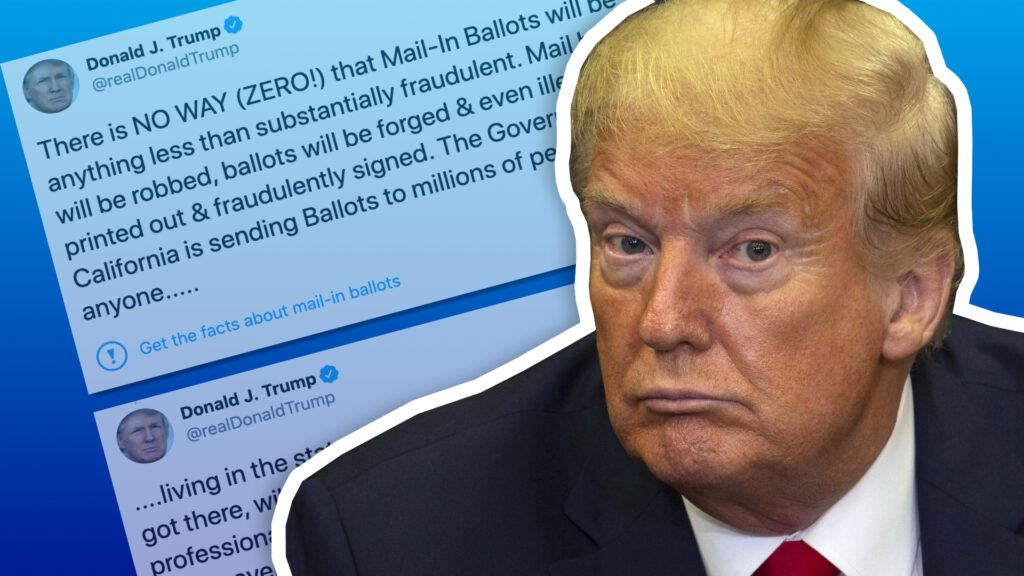York St John Media and Film Blog

As a result of the current influence that social media is having on the US, this week’s blog focuses on US political broadcasting and the implications that the media has potentially encouraged within US democracy.
The Digital Revolution has not only promoted freedom of speech within US political news, but has also provided the idea that digital news serves an essential democratic function which is beginning to weaken US democracy. As well, The Digital Revolution has influenced the way individuals receive news which paints an alarming picture of democracy as it is enabling politicians to develop their own strategic forms of manipulation and specific strategies.
An important element to consider, is Donald Trump’s use of Twitter. Donald Trump has rhetorically manipulated users to support his political decisions. After several warnings had been given, the social media platform chose to take control of the situation by permanently suspending Donald Trump’s account on the 8th of January. On the 13th of January 2021, Trump was impeached for inciting insurrection by encouraging his supporters to storm the capitol. This suggests that social media platforms such as Twitter, are making an effort to prevent social media from negatively influencing democracy.
Moreover, it is necessary to question who is at the helm of news organisations and to what extent they are responsible for the spread of false news. Rupert Murdoch, a political conservative, is the owner of an abundance of contrasting political news organisations globally and his company News Corps, owns The New York post, The times of London and the Wall street journal. Murdoch has continuously been a pragmatist in relationships with politicians and encourages political discussion. As well, during the 2016 election when Trumps candidacy surged, Murdock followed and was given a direct line to the white house. This demonstrates the powerful and immoral collaboration between Politicians and News organisation leaders to reach a target neglecting accuracy within the news they are spreading.
On the other hand, The Digital Revolution has encouraged journalists to develop strategies such as ‘spin doctors’ and ‘fear mongers’ within hyperlinks to direct users from social media to an online news site. Consequently, one might claim that the Digital Revolution has promoted the use of manipulative strategies to journalists working for political parties and has developed digital culture into a politically driven institution.
It is recognised that those at the helm of news organisations have joined with political leaders and has enabled candidates such as Donald Trump, to gain status. Consequently, through evaluating Donald Trump’s powerful use of social media, it is imperative to appreciate that the internet is here to stay and whilst it is important to embrace it, it could be said that in order to recover democracy, US need to adapt laws, rules and guidelines in order to save their democratic society.
To conclude, whilst the combination of the Digital Revolution and those at the helm of news organisations have equally developed false news within US political broadcasting, the future of digital news depends on US citizens to elect a moral leader to be at the helm of inflicting stricter guidelines online. Moreover, presidential leader’s must be chosen wisely to prevent the promotion of producing and disseminating fake news in order to regain trust within political news.
By Maddie Wilson
